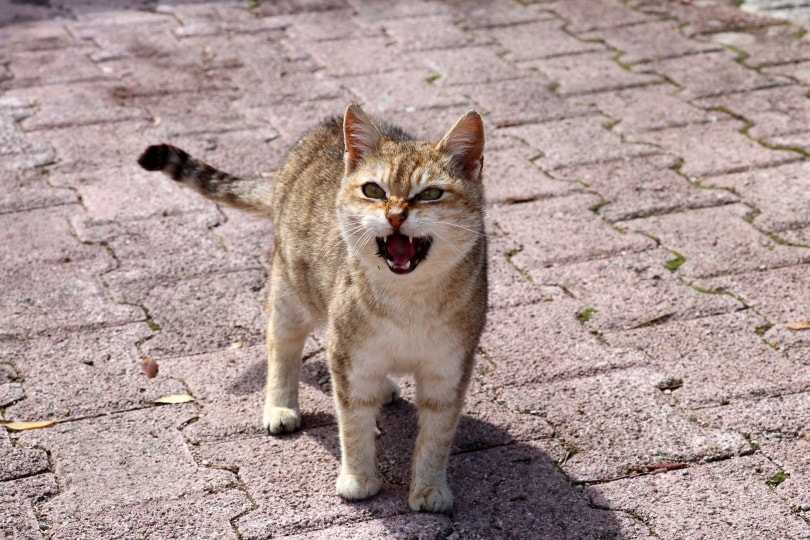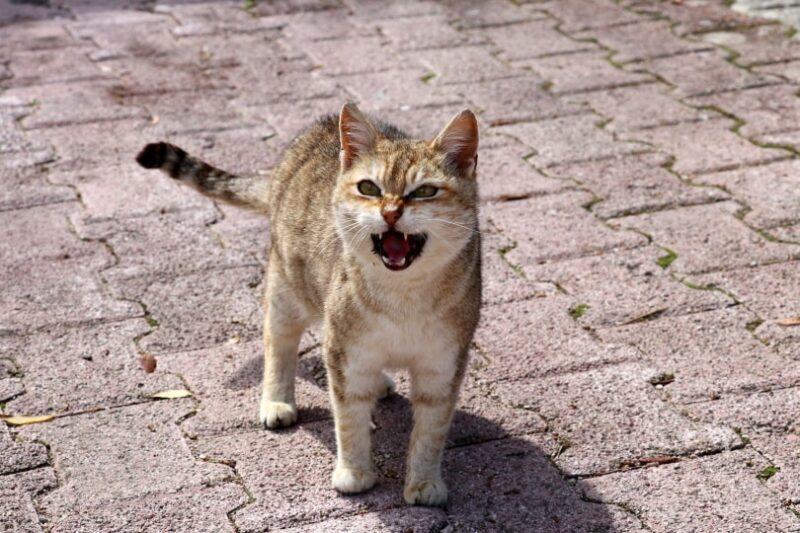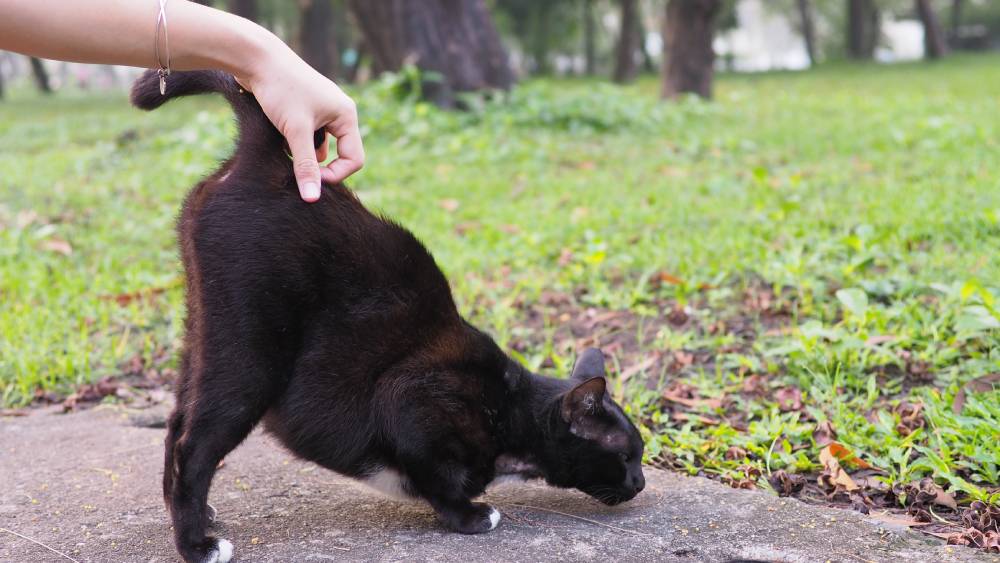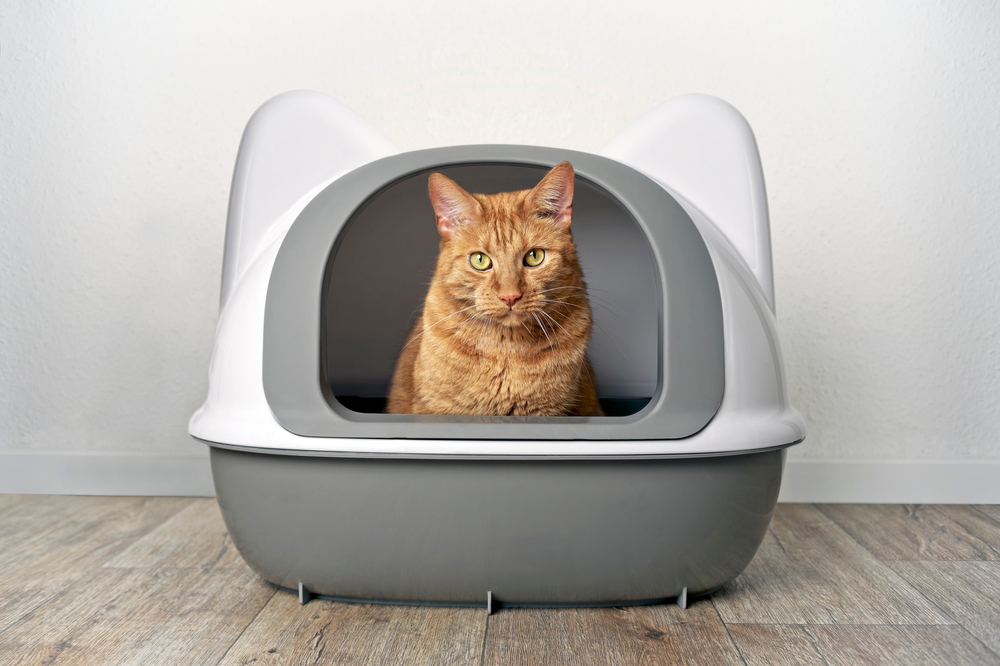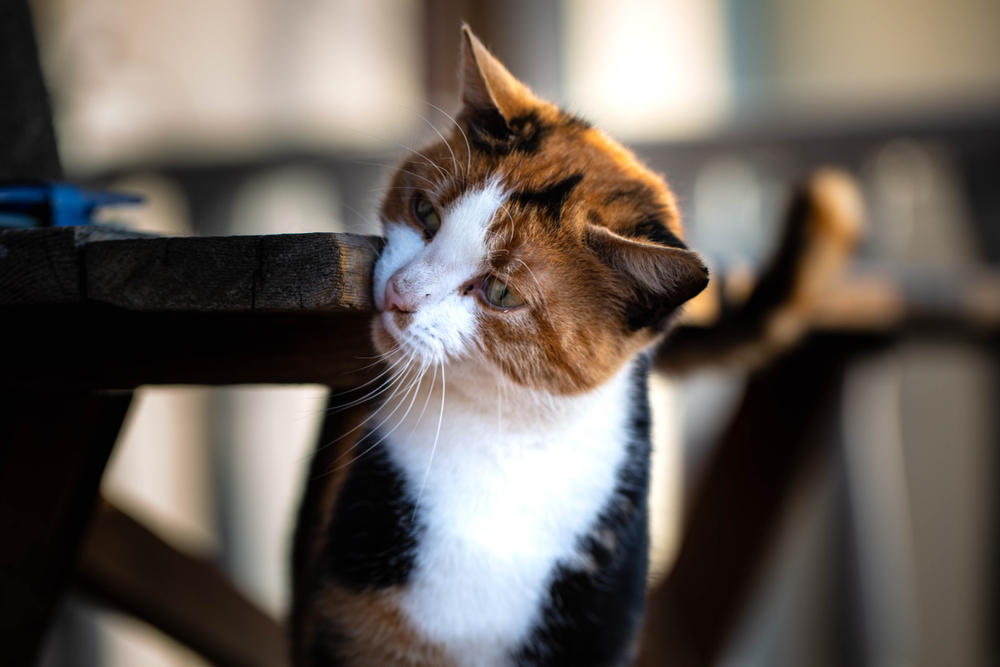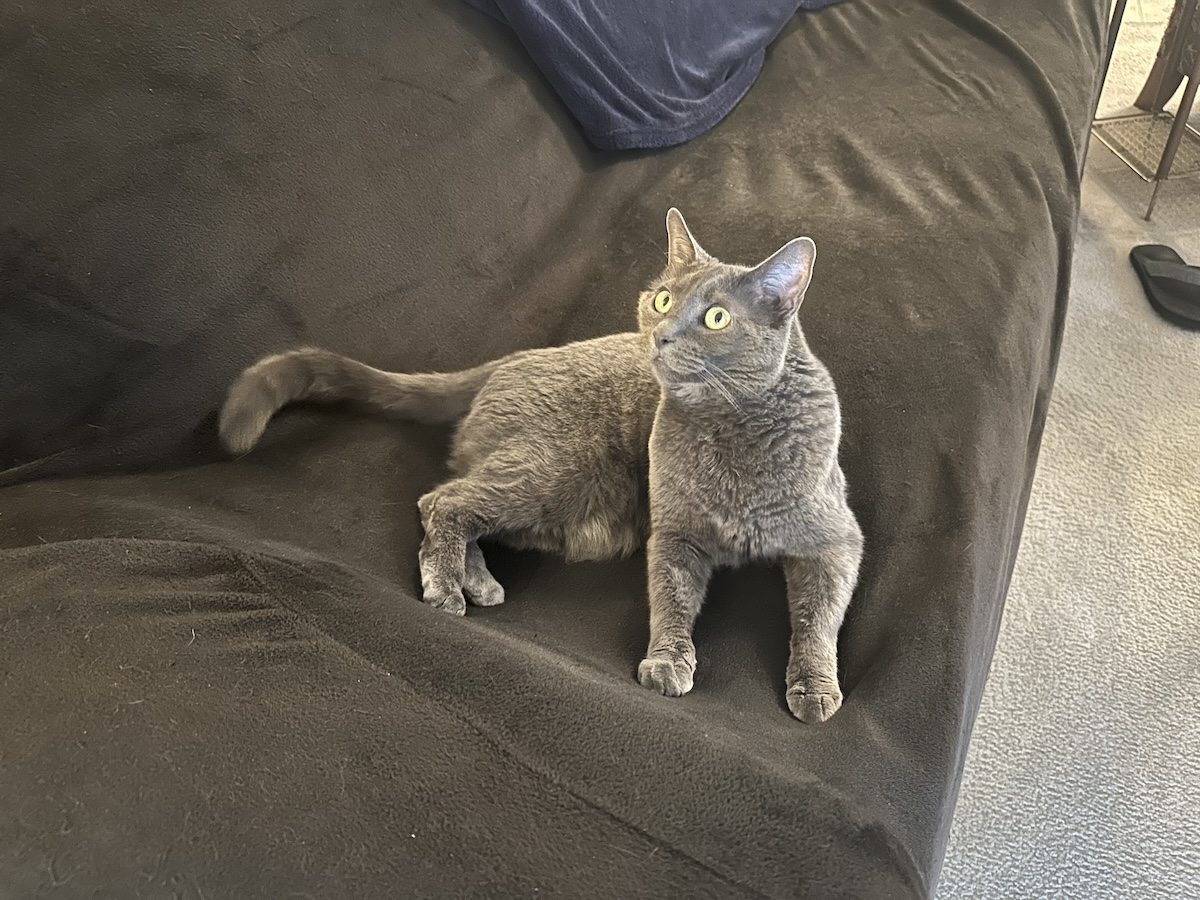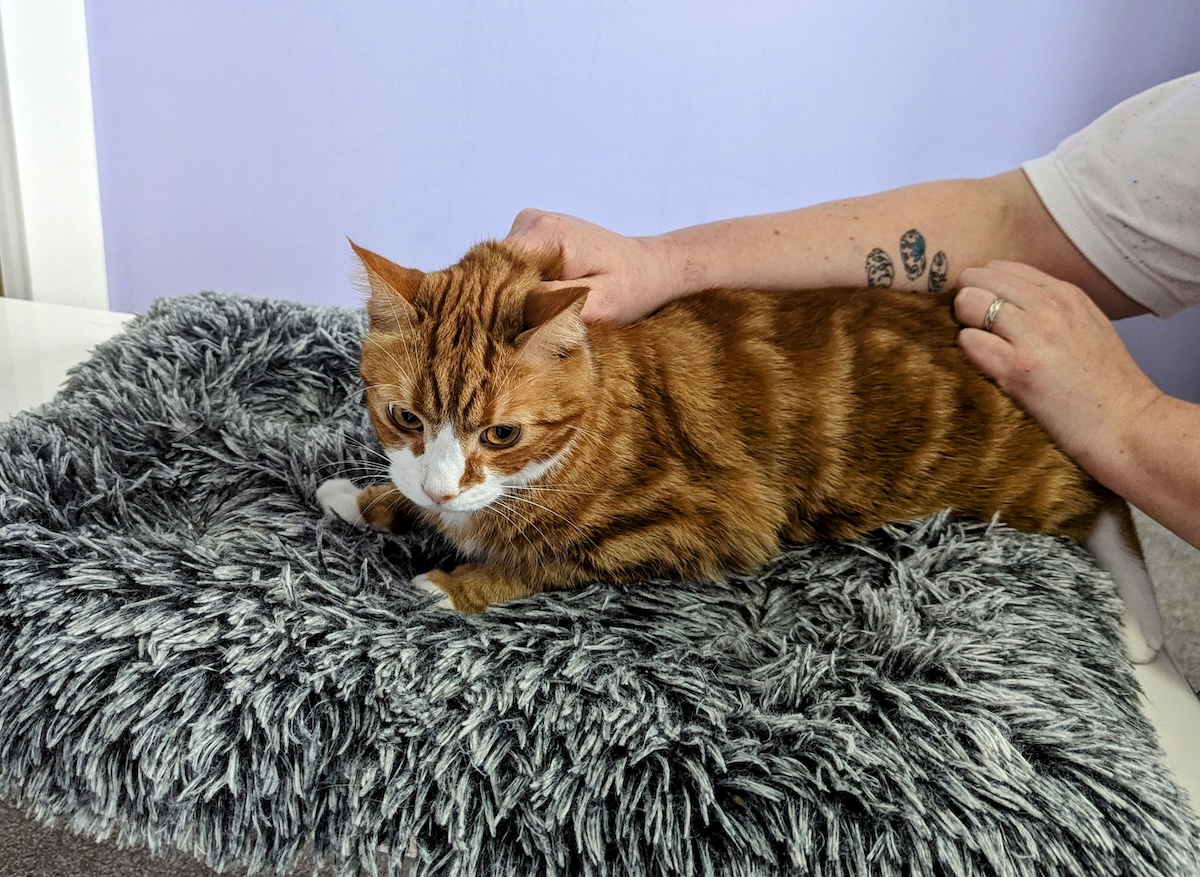There are videos on social media that show a cat defending a person, sometimes even chasing off an animal more than twice their size! So, does this mean cats are capable of guarding people and homes?
While not all cats will do this, there’s always the potential. There are many known cases of cats defending their owners against intruders and other animals. They can form powerful bonds with their families, so it’s not beyond the realm of possibility.
Here, we examine the possibilities of cats acting as guards and the different cat breeds that are more likely to be protective. We also look at a few examples of cats that saved their owners from danger.

The Protective Cat
There is such a thing as a protective cat, even in cases when a cat protects one family member against another. If a new roommate or partner moves in, your cat might think that they’re protecting you from someone they don’t know.
For the most part, cats have a flight-or-fight response when under threat. They will either run and hide or confront the threat with aggression. They might also freeze, like a “deer in the headlights.”
That said, how protective a cat is depends on their temperament and personality. As not every dog makes a good guard dog, not every cat will be protective of their humans.
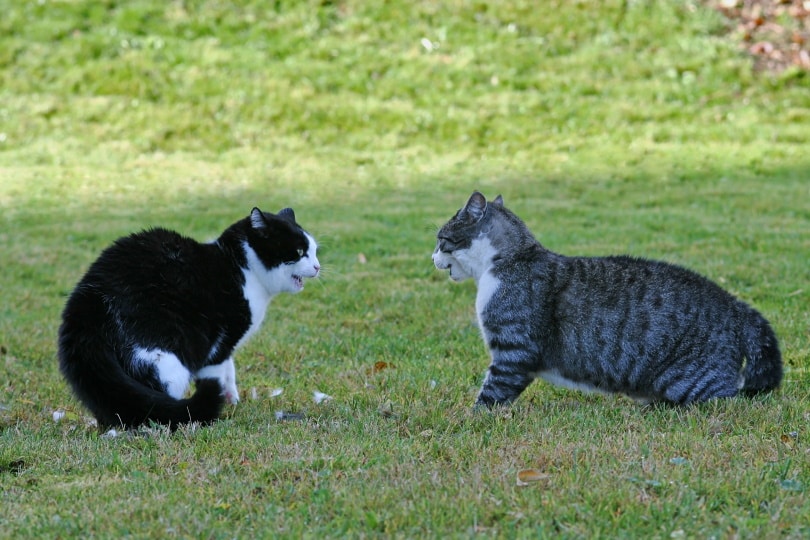
A Cat’s Response to a Threat
If you own a cat, it’s a great idea to become familiar with your cat’s body language so you can read their mood. Typically, when a cat is under threat, they give warning signs:
- Tail: The tail usually lashes back and forth or is held low toward the ground with the fur puffed up.
- Body: The rear end of the body tends to be higher than the head. They make themselves look as big as possible by puffing their fur out and walking with stiff legs.
- Ears: They have flattened ears.
- Eyes: They are making intense eye contact and have constricted pupils (in most cases, the pupils will be tiny, but they can also be dilated).
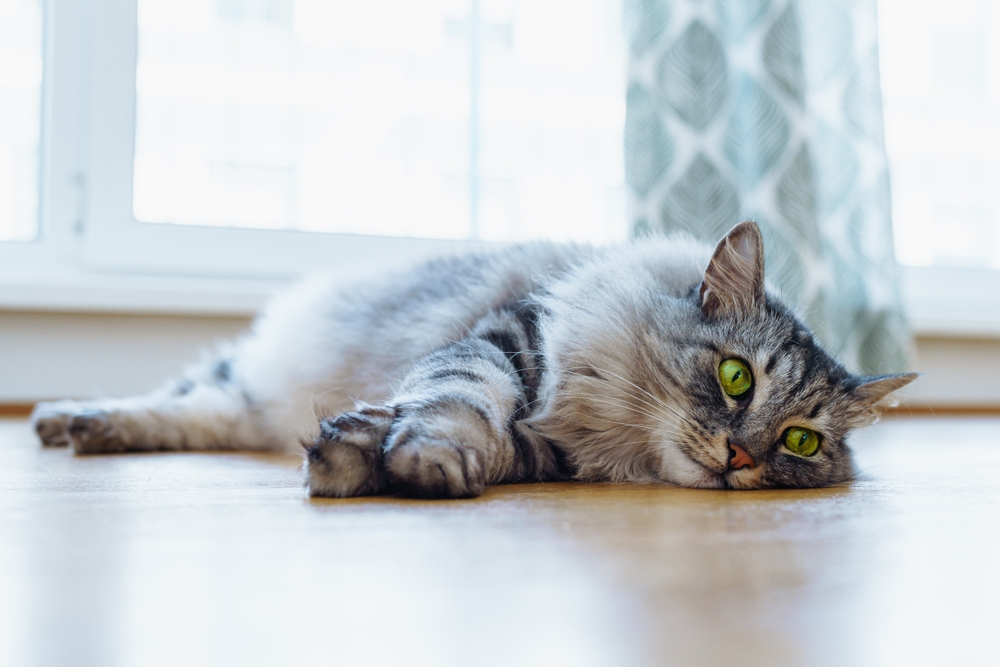
Overall, there’s usually no doubt when a cat is angry. Along with their body language, they will growl and hiss. If push comes to shove, they will start scratching and biting.
If your cat is showing this kind of anger, it’s best to leave them alone. You will get hurt if you try to approach to calm down your cat.
That said, this kind of posturing is also a way of avoiding aggression because it sends signals that are designed to ward off the threat.

Are Cats Territorial?
They most certainly are! Cats are more likely to display territorial aggression toward another animal and sometimes a person who might be visiting or moving into the house. This doesn’t necessarily mean cats are equivalent to guard dogs, though.
The most common territorial behaviors they display are marking, which is accomplished by your cat rubbing against everything, and an unneutered male spraying. Cats can also mark by scratching and through aggressive behavior.
All cats demonstrate some form of territorial behavior, but depending on if they are neutered or spayed and their temperament, most of the time, it’s benign.
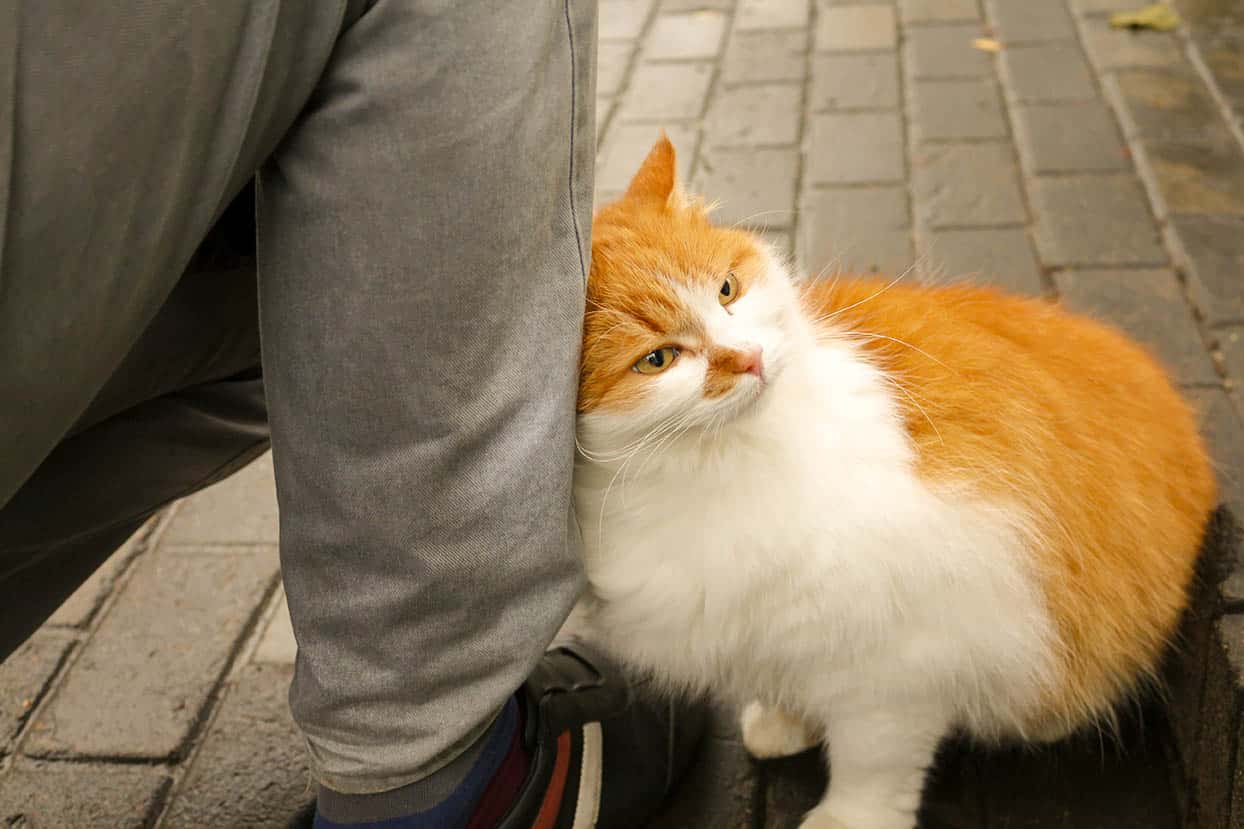
Would Cats Attack Intruders?
It depends on the cat. Some cats might react aggressively toward an intruder if they sense that they are a threat to you or themselves. However, there haven’t been any studies on this subject, so anything that you read online is anecdotal and purely subjective.
There’s a story about Binky, a cat who attacked a man trying to invade a home in Indianapolis, Indiana. Binky repeatedly bit a man trying to enter through a window and successfully scared the intruder away, who was later caught by police.
There’s also the famous story of the cat that saved a child from a dog attack. A neighborhood dog attacked a child playing on his bike in his driveway, and he was suddenly saved from the dog by his cat, Tara.
These examples demonstrate that cats can attack intruders. However, it isn’t the norm and depends on the circumstances and the cat in question. More often than not, a cat coming to their owner’s rescue is usually based on instinct.
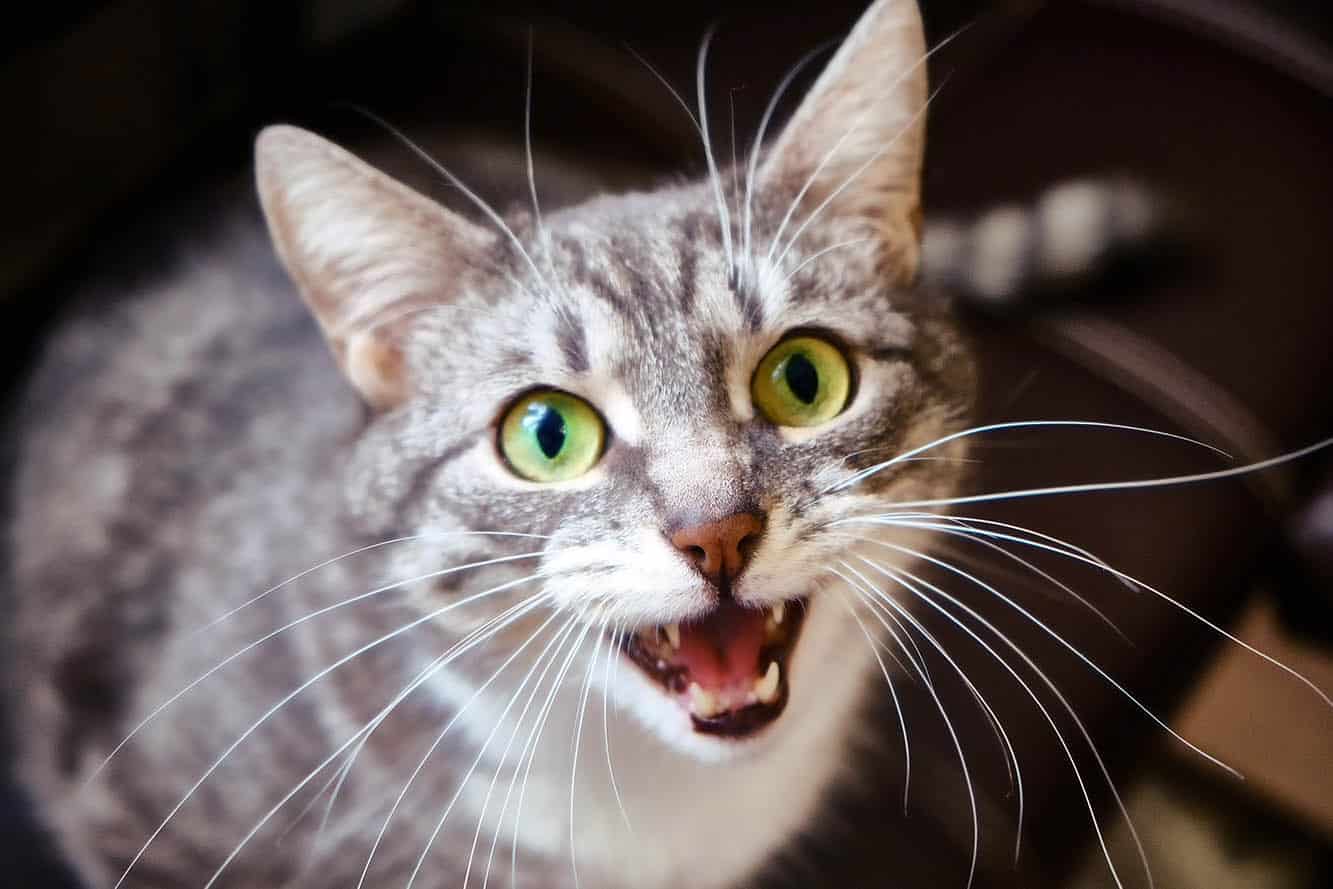
Other Forms of Protection
Besides warning against intruders or animal attackers, cats have been known to warn their families about impending natural disasters. We have all heard the stories of cats that act agitated before a thunderstorm or even cats that predict when someone is about to die.
Oscar the Hospice Cat had a book written about him based on his ability to know when a nursing home resident in Providence, Rhode Island, was about to die.
Apparently, Oscar was shy and would remain hidden until he sensed the end was near for a patient. He would then nestle into their bed and spend time with the patient until the end. This occurred 20 to 30 times in a row, which is when the staff at the nursing home realized that Oscar was a special cat.
For the most part, cats are just highly sensitive and attuned to their surroundings, so while this might seem rather magical, it’s mostly just the cat’s highly developed senses at work.
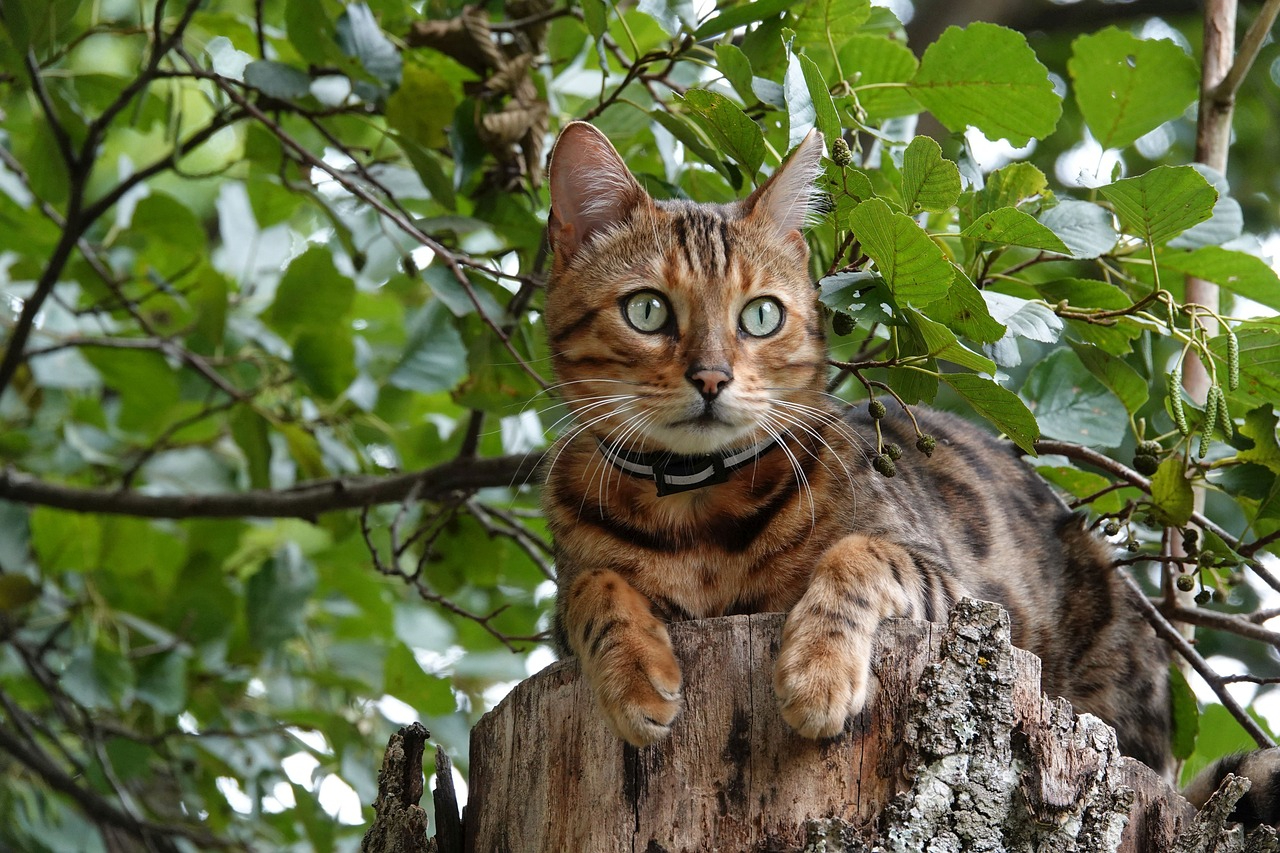

Cat Breeds Most Likely to Act as Guard Cats
A cat’s temperament is the factor that will determine if they will be protective of their owners or not. However, certain cat breeds are more likely to take on a guard cat role:
- Abyssinian: This is a highly intelligent breed that can learn tricks and loves to follow their owners around.
- Bengal: This is a dog-like cat breed that is known for being quite territorial.
- Burmese: This cat tends to be loyal to their owners, and while they are quite friendly, they might become overly protective of their families.
- Cymric: Smart but territorial, this breed might become protective of both their owners and property.
- Egyptian Mau: This breed is quite wary of strangers and is more likely to lash out at anyone entering their territory.
- Korat: These cats are likely to be protective in a fear-based way, as they tend to not like strangers.
- Maine Coon: These cats can get quite large, and this, combined with their attachment to their families, means that Maine Coons have guard cat potential.
- Manx: This tailless cat can form strong bonds with their owners and is known to sometimes have dog-like behaviors, which can also include protectiveness.
If you own one of these breeds, it doesn’t guarantee that you’ll end up with a guard cat, however. It all depends on your kitty’s personality and how territorial they are toward you and their property.
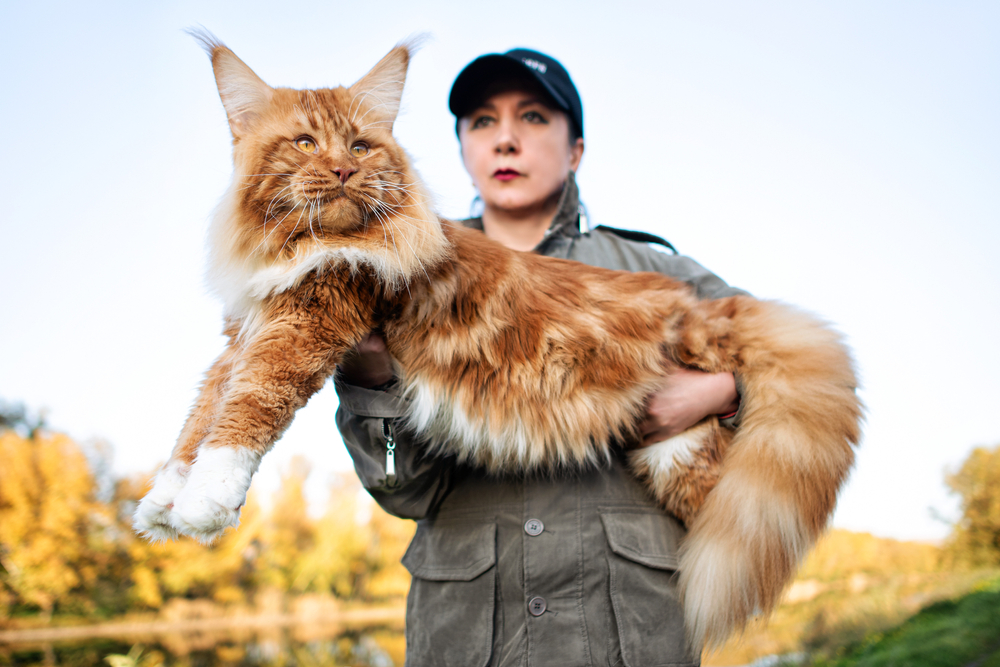

Conclusion
If you are specifically hoping to have a cat that will take action when you and your family are in danger, your best bet is to invest in a dog or an actual security system. A cat can act protectively, but this is never a guarantee.
Training your cat to become a guard cat is not necessarily effective because cats are independent and only do what they want to do for the most part.
It’s usually best to enter into a relationship with a cat with no expectations except enjoying their cuteness and fun, with the occasional frustration thrown in. We love our cats for exactly this reason.
Featured Image Credit: Piqsels

